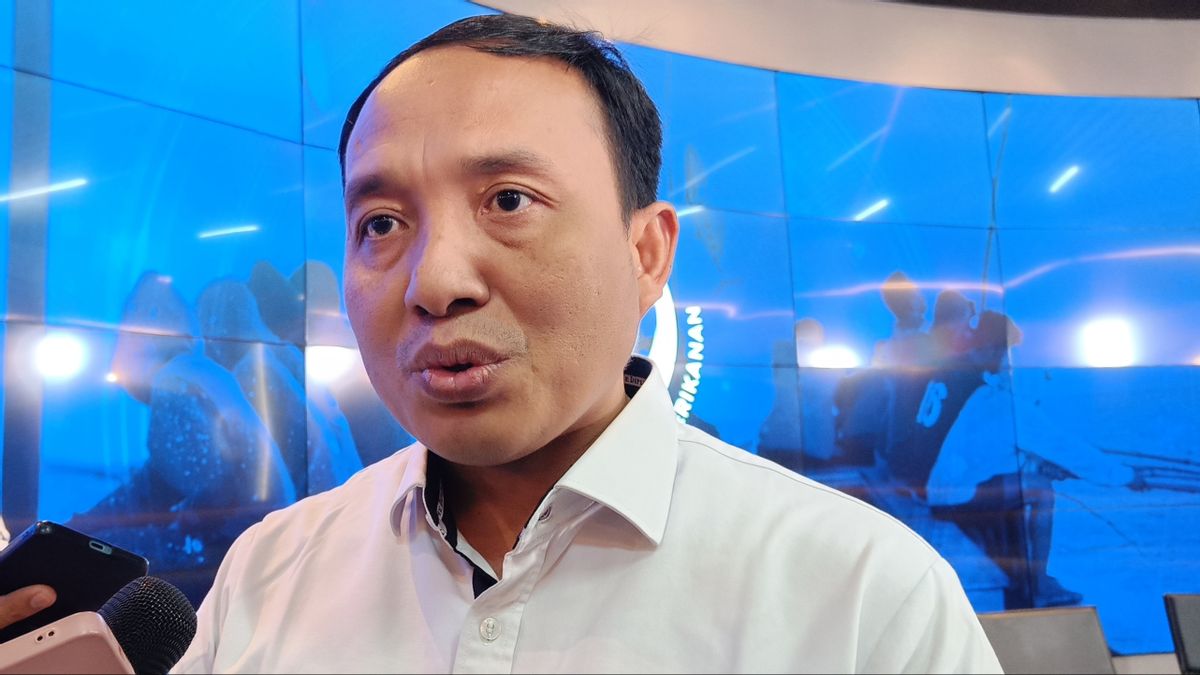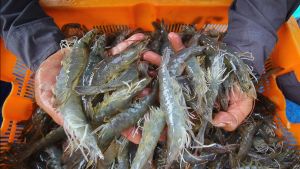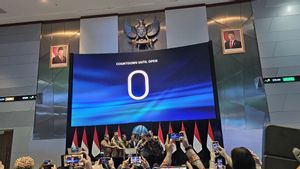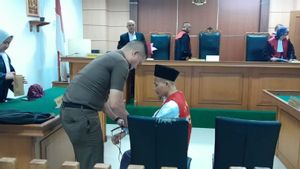JAKARTA - Acting Director General of Capture Fisheries of the Ministry of Maritime Affairs and Fisheries (KKP) Agus Suherman said that the implementation or implementation of the Quota-based Measurable Fish Fishing (PIT) policy will be carried out starting January 2024.
The policy is regulated in Government Regulation (PP) Number 11 of 2023 concerning Measurable Fishing.
The PP was promulgated on March 6, 2023.
The KKP itself targets derivative regulations from Government Regulation (PP) Number 11 of 2023 concerning the Measurable Fish Fishing Policy (PIT) in the form of a Ministerial Regulation (Permen) to be completed in November 2023.
"So, PIT in accordance with the Regulation of the Minister of Marine Affairs and Fisheries Number 28 of 2023, the distribution of quotas will start on January 1, 2024, that's article 112," he said after a discussion on Public Perspectives regarding Transformation of Capture Fisheries and Application of E-PIT at the KKP Building, Jakarta, on Monday, September 18.
Agus said the government was highlighting the sustainability of the marine ecosystem considering that currently fishermen are starting to have difficulty catching fish and catches are usually small in size.
Not only that, the quality of fish also decreased because it was stored at the Fish Auction Place (TPI) for too long.
"We see factual conditions, it is increasingly difficult for fishermen to get fish, fish caught are getting smaller in size. With (policy) PIT, this problem is answered," he said.
SEE ALSO:
He also said that the Measurable Fish Fishing (PIT) policy is expected to have an impact on post-production Non-Tax State Revenue (PNBP) of around IDR 1.6 trillion-IDR 2.5 trillion per year.
"At least we can get Rp1.6 trillion to Rp2.5 trillion in a year, actually, for the current total existing, not new arrivals and so on," said Agus.
Furthermore, said Agus, in the early stages, the quota-based PIT policy will be implemented in all zones. "So the transformation is a road, various cultural constraints are found, all kinds of things, right, something we have to learn, later from there it will be repaired," he concluded.
The English, Chinese, Japanese, Arabic, and French versions are automatically generated by the AI. So there may still be inaccuracies in translating, please always see Indonesian as our main language. (system supported by DigitalSiber.id)













